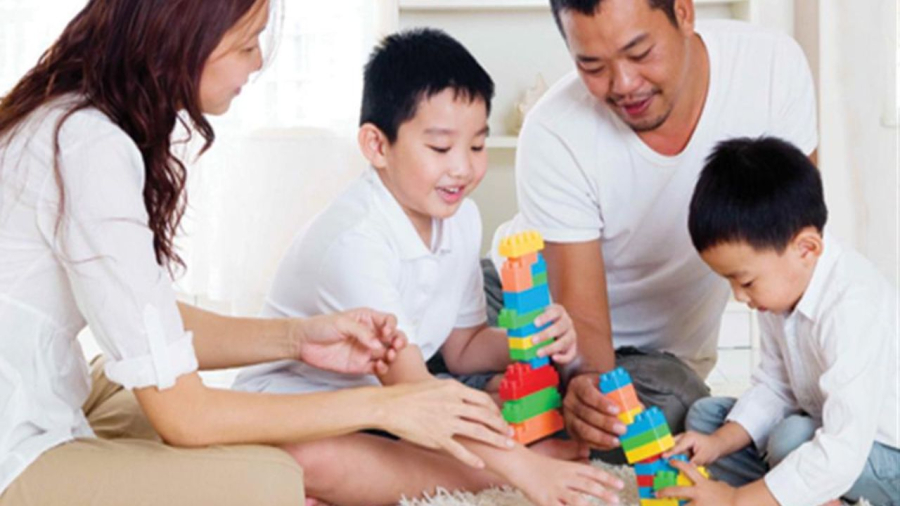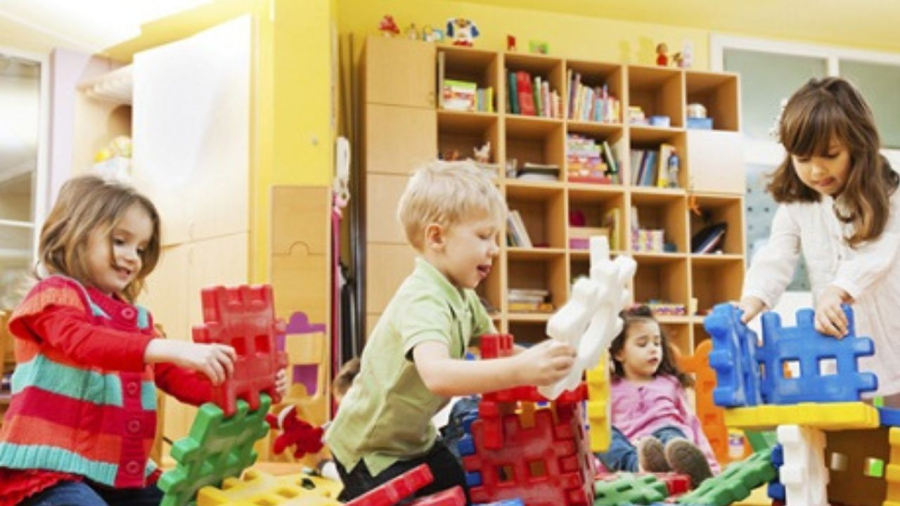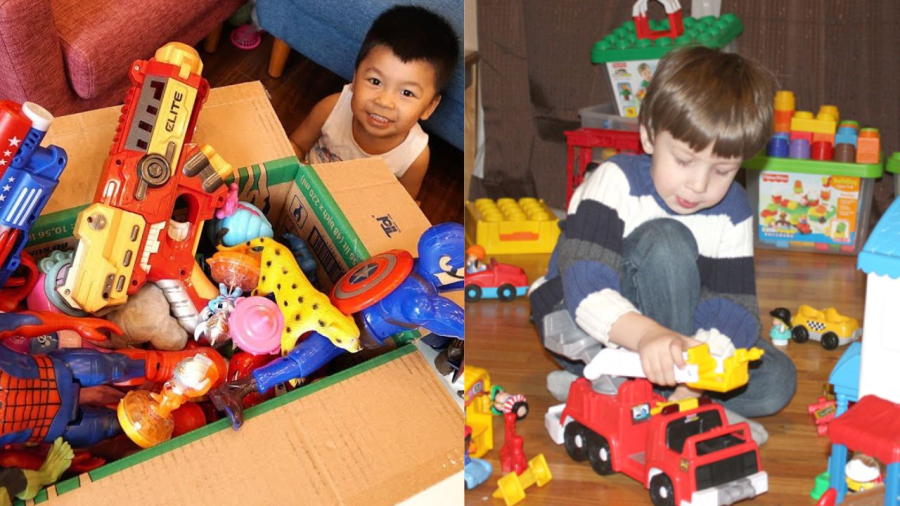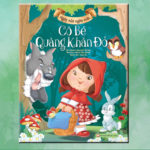Toys are indeed a gift that many children love and need to have fun and experience. However, buying too many toys without selection is harmful to the child. Nowadays, as the economic conditions develop, many parents pay attention to buying toys for their children, but educational experts warn parents to be cautious when deciding to buy for their children. Not only in developed countries, but also in Vietnam, many parents are increasingly buying more toys for their children. Especially many toys are labeled as intelligent toys, smart toys. Many toys have become gifts for children on holidays. Many children do not play with all the toys they have, even play for a few days and break them, not preserving them.

Experts warn: The harm of having too many toys
Not to mention whether the toys meet the criteria of age and safety for children, only considering the aspect of too many toys, researchers from Harvard University in the United States have pointed out that toys affect the brain development of children. Experts brought together 36 children for the study, divided into 2 groups. The first group gave each child 18 toys. The second group only had 4 toys. Observations showed that children in group 2 liked to play with what they had and creatively innovate their play, while children in group 1 played for a while, got bored, changed toys continuously without focus and did not show pleasure when having toys.
This shows that the number of toys affects children’s brain development. The explanation for the influence is that many toys will cause:

Affects children’s attention
Many toys, like any other excesses in life, make children lose interest. Moreover, many toys make children lose focus like playing this and seeing that, then wanting to switch to that. Excessiveness reduces appreciation, that is the psychology of adults.
No consciousness of cherishing
Because there are many toys, children are not afraid of them being broken or lost. This excessiveness leads to a disdainful attitude towards toys, no longing and cherishing. Moreover, many children don’t even know what they really like. That gradually forms a negative thinking and emotional state in their future lives.
Human instinct, when there is not much, will cherish and be happy with what they have. Therefore, having too many toys inadvertently loses the child’s feeling of happiness.
The number of toys affects children’s IQ
Psychologist Cathy Silva at Oxford University in the UK has also studied the effect of the number of toys on children’s brain development. She followed 3,000 children aged 3-5 and found that children with fewer toys at home had significantly higher IQ scores than children with many toys.
This may be because many toys make children lose focus, so all thoughts stay superficial and do not explore deeply. When children have few choices, they will generate more thoughts to innovate and that is the activity that stimulates the brain.
Many studies also indicate the same thing. Obviously, the negative impact of too many toys on children’s development is not the single opinion of one expert but of many different educational experts.
How to deal with children’s toys?
If you are parents who have bought many toys for your child, or your child has been given many toys. Check and teach your child a lesson in sharing. Let your child keep the toys they like and need, and let your child share the remaining toys with friends at difficult centers or limit your child to only play with certain toys each week, then put the rest in storage. You should let your child play alternately with 2-3 toys and suggest your child to play and understand deeply about that toy before moving on to another toy.
If you are parents who are hesitant when buying toys for your child, pay attention to see if the toy is suitable for the age and safety of your child or not. And only choose to buy 1-2 toys that your child extremely loves. Do not allow your child to demand too much.
Suggested good toys for children
Picture books: Many people think that this is not a toy and adds academic pressure to children. However, you should know that picture books help children play and learn at the same time.
Sports toys: Jumping ropes, throwing balls, rollerblading… are all sports toys. Sports toys help children play and explore while improving physical fitness. Therefore, this toy group is very necessary to help children stimulate both brain and physical development.
Educational toys: Educational toys are also one of the types of toys that many parents are interested in. Toys such as chess, puzzles, building blocks… can help children enhance imagination and spatial thinking abilities.

Skill practicing toys: Toys related to practicing skills in life such as dollhouse toys, doctor toys… can help children practice household chores, learn more about a profession, which is very good for children’s development.
14+ Unique Birthday Gifts for Girls to Impress Every Age
Are you on the hunt for the perfect birthday present for a special young lady in your life? Look no further – Dien May XANH has you covered with our comprehensive guide to age-appropriate gift ideas for girls of all ages. Read on for everything you need to know about finding the perfect birthday gift for a little girl!
11 Meaningful and Fun Tet Gifts for Kids that are Perfectly Adorable
This New Year’s celebration of T?t has children filled with excitement, as they can participate in a variety of activities and indulge in scrumptious treats. It is an age-old ritual for adults to give gifts to children in honour of the New Year. In this article, Ði?n máy XANH will discuss some of the most sought-after T?t gifts for kids.





































